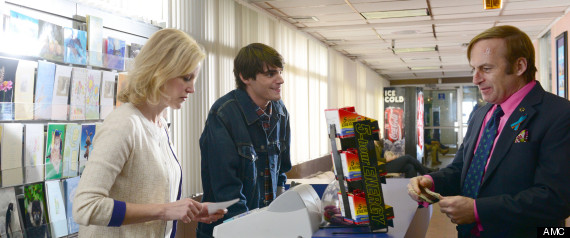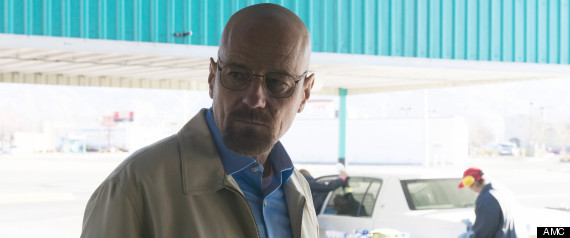
"Breaking Bad" director and executive producer Michelle MacLaren is in Northern Ireland shooting episodes of "Game of Thrones," so she's mostly missed out on the hubbub over Sunday's episode of the AMC drama, which many fans of the show are hailing as one of its all-time best.
"I'm a little bit unaware of what's going on back home," MacLaren said in an interview on Tuesday. She added that she has been getting emails and texts "from people I know and people I don't know," so she's gotten the impression that there's been a "little bigger reaction" to this episode than others she's worked on.
"Game of Thrones," which shoots in Northern Ireland (among other locations), is "very different, it's very green and wet" -- as opposed to hot and dry like the deserts around Albuquerque, MacLaren said. But she put herself back in a New Mexico state of mind to discuss directing "To'hajiilee" and the challenges of staging that epic Hank-Heisenberg showdown. You can find the entire 27-minute conversation in a Talking TV podcast below, but here are eight highlights from the interview:
- You weren't wrong if you thought for a moment that Walt might kill himself, wavered and then thought better of it. As Walt (Bryan Cranston) came out from behind a big rock and surrendered to Hank during the episode's climactic sequence, there was a moment in which he ever so slightly raised his gun. In that split second, many viewers (including myself) wondered if he'd use the weapon on himself. That moment, which MacLaren and the crew took care not to oversell, wasn't scripted: It came from Cranston, the director said. "We were very careful to do it very subtly ... but that was one of those things that evolved on the day," MacLaren said.


The Talking TV podcast of my conversation with Michelle MacLaren is below, here and is available on iTunes. My review of "To'hajiilee" is here.
"Breaking Bad" airs 9 p.m. ET Sundays on AMC.
